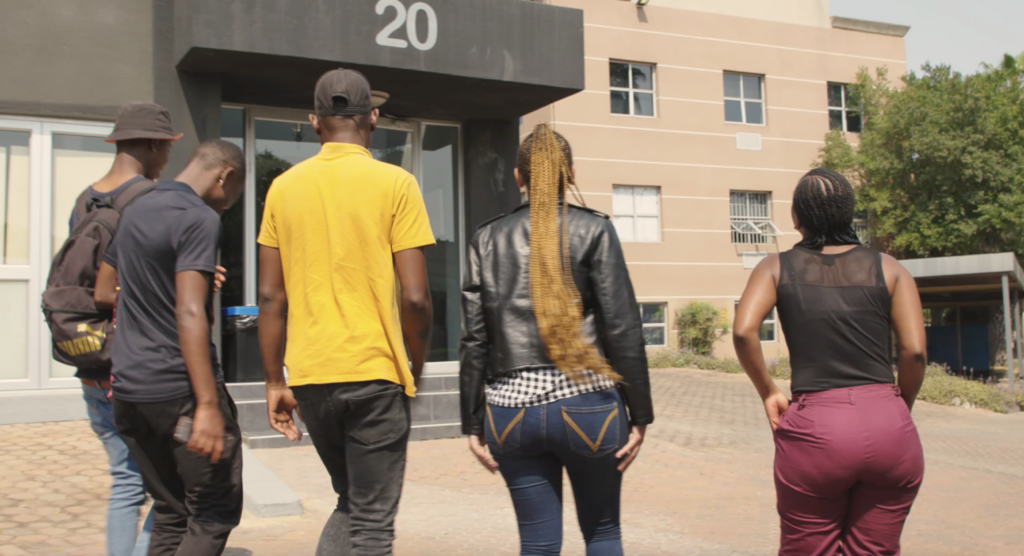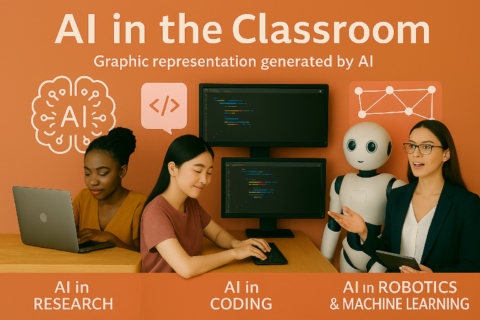Business Day Youth Day
Ready To Support Employability Through Education
A stronger educational system through better-trained teachers
Teacher education is a critical element in producing young people who are ready for life and to enter the world of work or entrepreneurship. In response to a call from the Minister of Basic Education,
Absa partnered with Save the Children South Africa (SCSA) and other key stakeholders to design and implement a multi-stakeholder proof-of-concept project: the District Based Teacher Recruitment Strategy (DBTRS).
Through the DBTRS, student teachers are recruited from rural districts, and study for a Bachelor of Education degree through distance learning. While studying, they train in classrooms alongside quality public-sector teachers who act as mentors in classroom practice for the duration of their four-year degree, and are mentored to overcome academic, financial, psycho-social and other challenges.
In the period of 2019 to 2021, Absa supported SCSA and the DBTRS to embed teacher candidates into schools through the course of their initial teacher education. Over the duration of Absa’s support, 37 student teachers have completed their studies and are employed as qualified teachers, and 16 823 primary school children and 480 teachers have benefitted from having DBTRS student teachers support curriculum delivery and classroom learning during teaching practice in 2021.
Absa also supports the Teacher Internship Collaboration South Africa (TICZA), a high-level multi-partner collaboration, as well as its implementing partner, JET Education Services. These partnerships ensure Absa can continue the work of the DBTRS project on a larger scale.
Equipping persons with disabilities with scarce skills
All learners have the right to access quality education. This commitment is an integral part of the 2030 Agenda for Sustainable Development, which pledges that no child will be left behind.
Absa can exponentially impact economic and social participation and inclusion by working with leading organisations such as the National Institute for Development & Training NPC (NID Training NPC), the South African Mobility for the Blind Trust and the Financial Services Consumer Education Foundation, among others.
To address the high unemployment rate amongst persons with disabilities, the NID Training NPC offers accessible accredited occupational and artisan skills training and work-placement services. Absa supports 120 NID Training NPC students, predominantly from underprivileged areas, communities and/or backgrounds across South Africa, to study end-user computing courses that are aligned with the needs and trends in the information and communications sector. By 2024, they will have earned a NQF level 5 qualification in either Systems Development or Systems Support.
For those whose disability limits their freedom, independence training imparts the skills and knowledge required by blind people to operate safely and independently. The challenge is that South Africa has a desperate shortage of qualified orientation and mobility (O&M) training practitioners.
Through Absa’s support, three graduates from the College of O&M were recently employed by the South African Mobility for the Blind Trust to provide independence training that will reach 130 visually impaired people annually, empowering them to redefine their futures.
Other disability-inclusive programmes Absa supports is through the Financial Services Consumer Education Foundation, imparting knowledge and skills to help the blind and partially sighted to manage their finances efficiently.
For more information on this and other initiatives, visit www.absa.africa/readytosupport.






 Sign-up and receive the Business Media MAGS newsletter OR SA Mining newsletter straight to your inbox.
Sign-up and receive the Business Media MAGS newsletter OR SA Mining newsletter straight to your inbox.